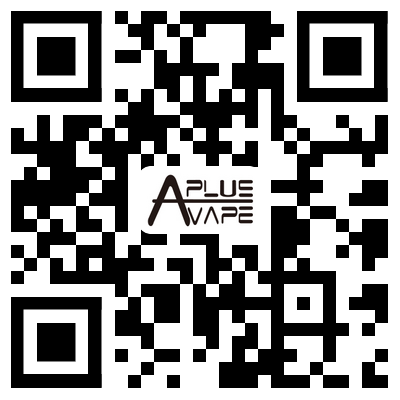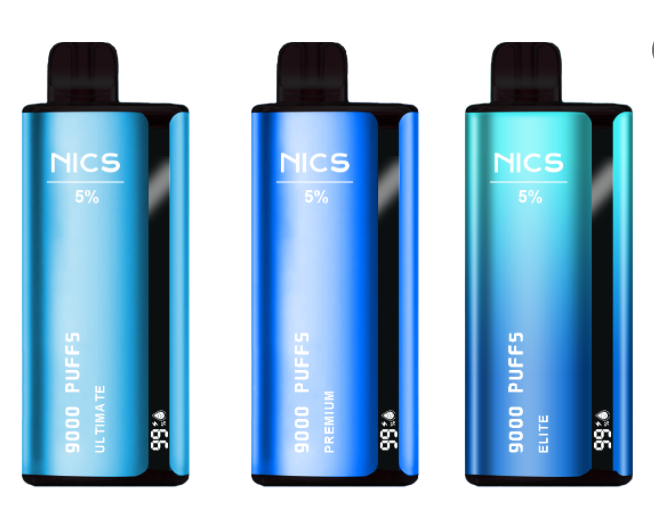Philippines Will Legalize Vaping and Heated Tobacco Products
2022-06-03
The Philippines Senate today passed a bill that would legalize and regulate vaping and heated tobacco products, and eliminate the Philippines FDA’s authority over the products. The Vaporized Nicotine Products Regulation Act (SB 2239) was approved by a vote of 19-2, with two senators abstaining.
The Philippines House of Representatives overwhelmingly passed a similar bill in May. The two bills will now go to a conference committee where they will be reconciled, and both houses will vote on the final version. Then the unified bill will go to President Rodrigo Duterte to sign into law or veto (if he takes no action, the bill automatically becomes law after 30 days).The bill changes the minimum age to purchase vaping products back to 18 from the current age of 21, bringing the age to buy vapes in line with cigarettes and alcohol. It provides stiff penalties for retailers selling to minors. The bill also imposes restrictions on where they can be sold, and prevents sellers from using social media influencers or celebrities in advertisements, according to the Philippine Daily Inquirer.
The Vaporized Nicotine Products Regulation Act requires both physical and online retailers to register with the Department of Trade and Industry and the Securities and Exchange Commission.The most controversial provision of the bill is a transfer of regulatory authority over vaping and heated tobacco products from the Phillipines Food and Drug Administration to the Department of Trade and Industry. The DTI will create product standards and rules for sellers.
The legislature’s snub of the Philippines FDA was partly prompted by outrage over news that groups supported by Bloomberg Philanthropies—American philanthropist Michael Bloomberg’s foundation—had funded the FDA in an effort to influence the agency to impose harsh vaping restrictions.The Vaporized Nicotine Products Regulation Act was strongly opposed by Philippines medical and anti-tobacco groups, who claimed allowing non-tobacco flavors would encourage youth use, and suggested nicotine vaping products are responsible for the lung injuries known in the United States as “EVALI.”
Tobacco control and medical organizations are mounting a campaign to encourage President Duterte to veto the bill when it finally reaches his desk. A veto can be overridden with a two-thirds vote of both houses—a margin exceeded in the original votes by both the House and Senate.Filipino vaping and harm reduction proponents cheered Senate passage of the vaping law, which was the culmination of years of struggle by consumer and industry vaping advocates. The Philippines is home to one of the first and most passionate vaping communities in the world.






















































